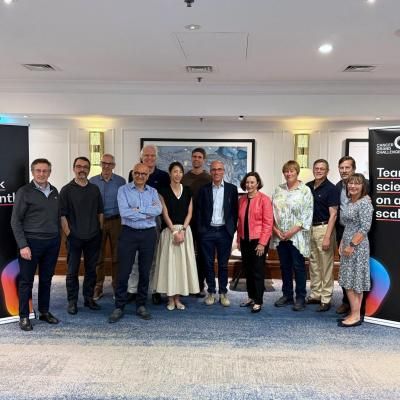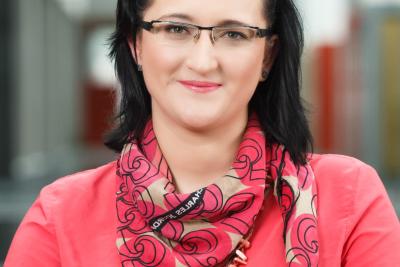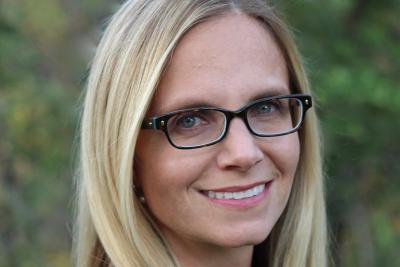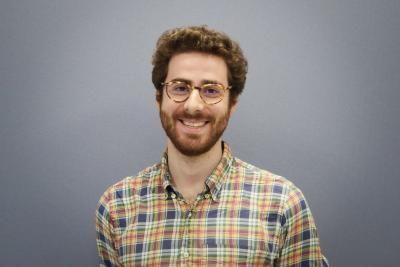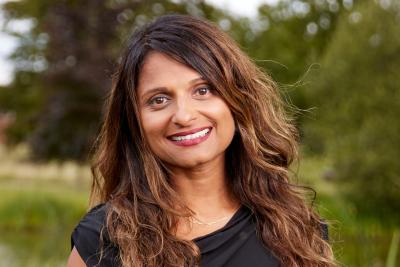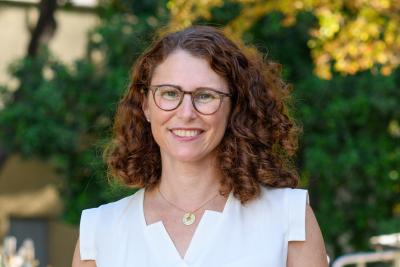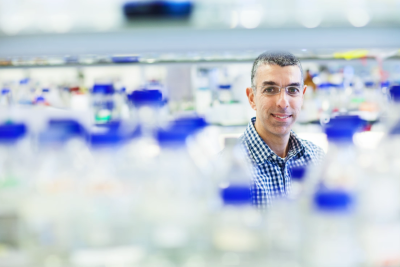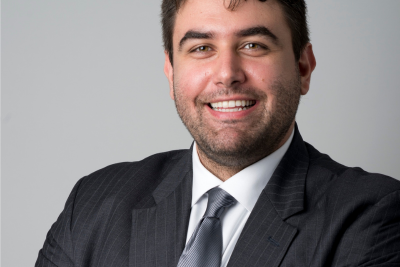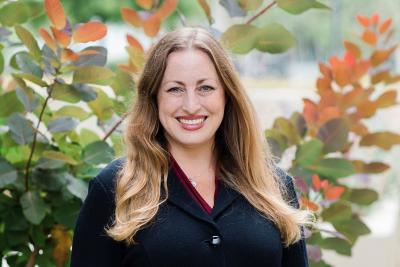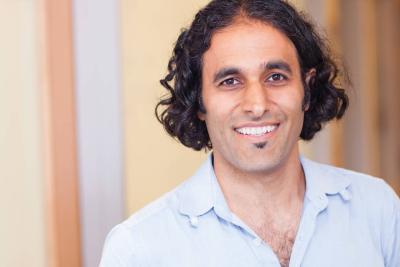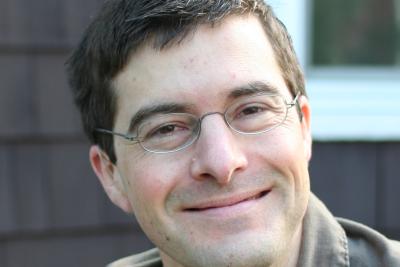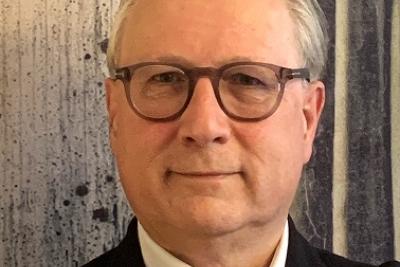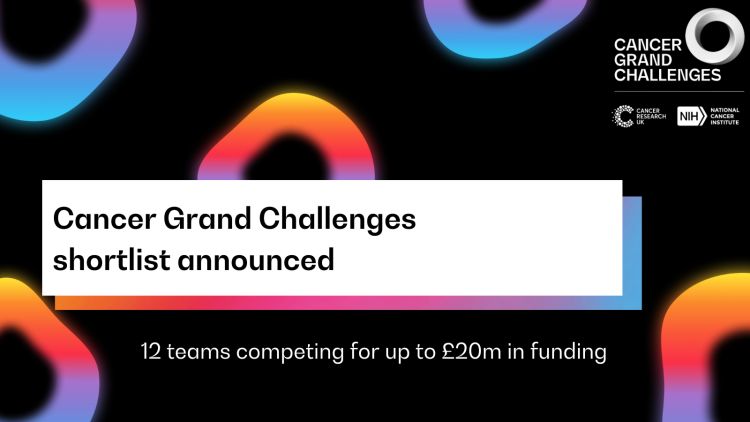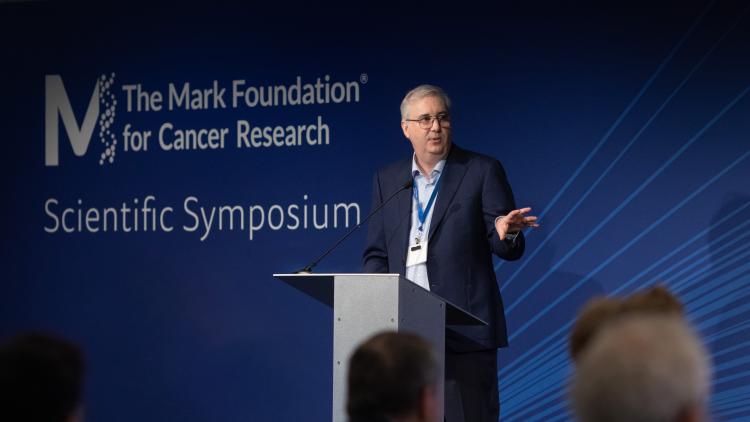Cancer cells don’t behave like normal cells. Instead of stopping growth or dying when they should, they divide uncontrollably. This happens because their internal ‘signalling systems’, which normally regulate cell growth and death, become faulty, allowing them to survive, resist treatment, and keep growing. The NeoCircuit team plans to take a new approach to rewire cancer cells by developing special chemicals that can bring proteins close together inside a cell.
This cutting-edge technique is called proximity induction. Imagine two tools, like a wrench and a screwdriver, that normally work separately. Now imagine using a magnet to pull them together so they can form a new tool that does something different. This is similar to what NeoCircuit plans to do – use chemicals to pull proteins together and create new functions. The team will use these new protein functions to trigger cancer cells to self-destruct. The NeoCircuit team aims to establish a new treatment paradigm, critically with the potential to provide durable cures to patients.

